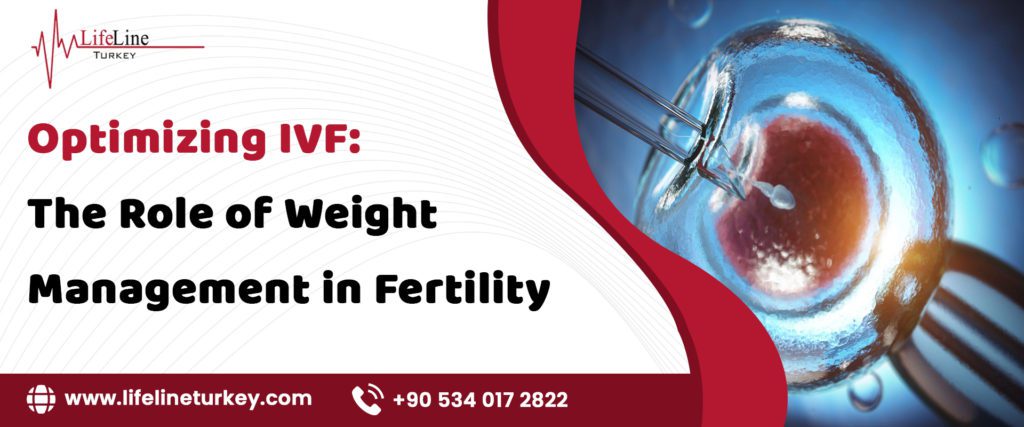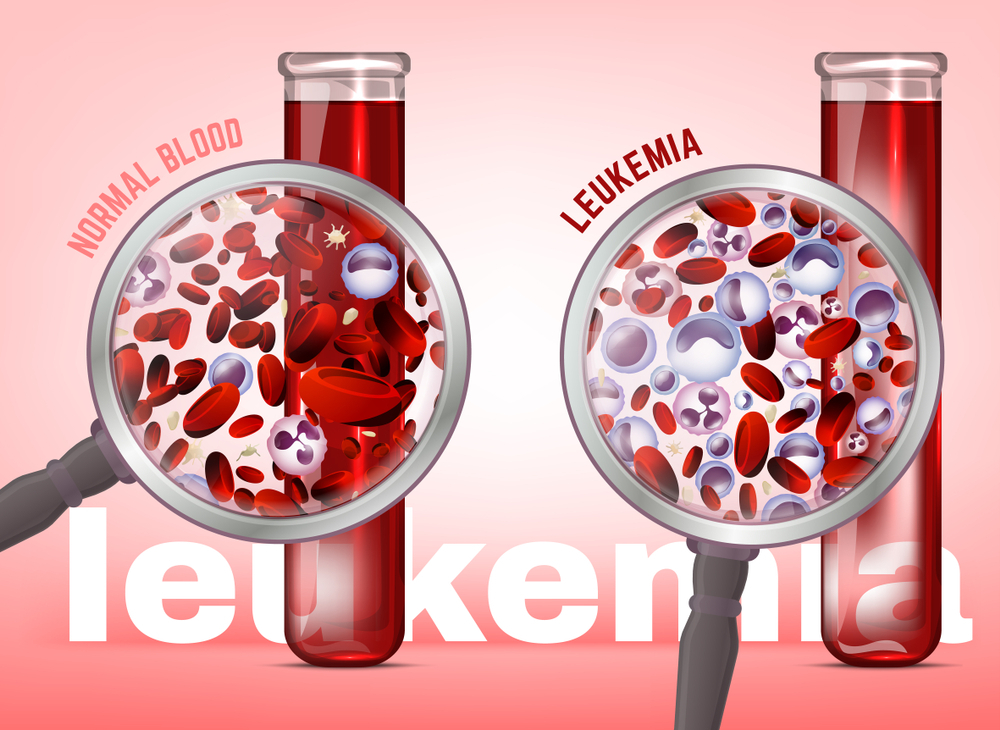The journey to parenthood through IVF can be exciting and daunting. While medical advancements have made IVF in Turkey a successful option for many, optimizing your chances of success involves a holistic approach. Often overlooked, weight management is a crucial factor. Here’s a deep dive into how weight can impact your IVF journey and strategies to create a fertile environment for a successful pregnancy.
Understanding the Link Between Weight and Fertility
Weight can influence fertility through various physiological mechanisms. Both being underweight and overweight can disrupt hormonal balance and menstrual regularity, affecting ovulation and menstrual cycles. Excess body fat, especially around the abdomen, can lead to insulin resistance and elevated levels of certain hormones, such as estrogen, which can interfere with reproductive functions. Weight, measured by Body Mass Index (BMI), plays a significant role in male and female fertility. Here’s a breakdown of the mechanisms at play:
- Hormonal Regulation: Excess weight can disrupt hormone production, affecting women’s ovulation and men’s sperm production. Fat tissue acts as an endocrine organ, secreting hormones like estrogen that can reduce the delicate balance needed for healthy reproduction. In women, it can lead to irregular ovulation or anovulation (absence of ovulation). Men with excess weight may experience lower sperm count, motility (movement), and morphology (shape).
- Egg and Embryo Quality: Studies suggest that women with a healthy BMI have better-quality eggs, leading to a better chance of successful implantation. Excess weight can affect the maturation process of eggs, leading to chromosomal abnormalities that can hinder embryonic development. A healthy weight can also improve blood flow to the ovaries, crucial for nourishing developing eggs.
- Medication Dosage: Weight can affect how your body absorbs and utilizes IVF medications. Medications used in IVF cycles stimulate egg production. Improper absorption due to excess weight can lead to a less effective response to these medications, potentially requiring dosage adjustments to achieve the desired outcome.
Impact of Weight on IVF Success
For individuals undergoing IVF, weight plays a crucial role in determining the success of the procedure. Research has shown that overweight and obese women may experience reduced pregnancy rates and higher risks of complications during IVF treatment. Similarly, underweight women may face challenges due to irregular ovulation and hormone imbalances.
Underweight women may experience irregular ovulation, necessitating higher medication doses. The body may experience strain, resulting in a reduced egg retrieval rate. Additionally, being underweight can impact the lining of the uterus, making implantation less likely.
Overweight/Obese Women may have lower egg quality, a higher risk of miscarriage, and require adjustments in medication dosage. As discussed earlier, excess weight can disrupt hormone balance and egg quality. Additionally, obesity raises the risk of pregnancy complications such as gestational diabetes and preeclampsia.
Benefits of Weight Management
- Improved Ovulation: A healthy weight can restore regular ovulation, enhance natural fertility, and respond to fertility treatments like IVF.
- Enhanced Egg Quality: Weight management contributes to better egg quality, a critical factor in IVF success.
- Reduced Pregnancy Complications: Maintaining a healthy weight reduces the risk of pregnancy complications such as gestational diabetes and hypertension.
- Optimized Hormonal Balance: Weight control helps balance hormones essential for conception and pregnancy.
Optimizing Your Weight for IVF
If you’re considering IVF, here are some steps to take regarding weight management:
- Consult a doctor or Registered Dietitian: A healthcare professional can assess your needs and recommend a healthy weight range for optimal fertility. They can also develop a personalized weight management plan, considering your medical history, preferences, and overall health.
- Focus on Balanced Nutrition: Prioritize a diet rich in fruits, vegetables, whole grains, and lean protein sources. These foods provide essential nutrients for both egg and sperm health. Limit processed foods, sugary drinks, and unhealthy fats. Processed foods often contain harmful fats and added sugars, contributing to inflammation and hormonal imbalances.
- Develop Sustainable Exercise Habits: Regular physical activity like brisk walking, swimming, or yoga can improve overall health and fertility. Exercise helps regulate hormones, improve blood flow to the reproductive organs, and promote weight management. Aim for moderate-intensity exercise for at least 30 minutes most days of the week.
- Remember: Weight loss or gain should be gradual and sustainable. Aim for a healthy lifestyle, not just a number on the scale. Targeting a loss of 5-10% of your body weight can significantly improve your chances of IVF success. Remember, this is a marathon, not a sprint. Focus on making long-term changes that you can maintain for a healthy pregnancy and beyond.
Additional Considerations
- Men’s Weight Matters Too: Maintaining a healthy weight can improve sperm quality and overall health. Studies have shown that men with obesity can have lower sperm count, motility, and morphology. Just like women, a healthy weight can improve hormone regulation and sperm production in men.
- Focus on Overall Health: Weight management is just one piece of the puzzle. For optimal fertility, prioritize sleep, manage stress, and avoid smoking and excessive alcohol. Getting enough quality sleep (7-8 hours per night) is crucial for hormone regulation and overall health. Chronic stress can disrupt ovulation and sperm production. Smoking and excessive alcohol consumption can also negatively impact fertility.
Consult Lifeline Turkey for Successful IVF Treatment!
Weight management plays a vital role in optimizing IVF outcomes and overall fertility. By achieving a healthy weight through lifestyle modifications and, if necessary, medical interventions, individuals undergoing IVF treatment in Turkey can enhance their chances of successful conception and a healthy pregnancy. Prioritize your reproductive health by addressing weight concerns under the guidance of healthcare professionals, paving the way for a positive IVF journey. Remember, every person’s fertility journey is unique. Consult the healthcare provider at Lifeline Turkey to create a personalized weight management plan that meets your needs and goals.


